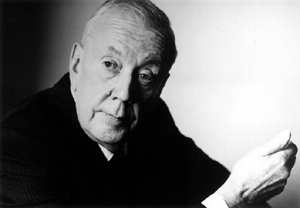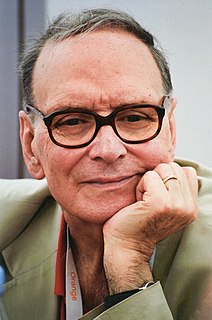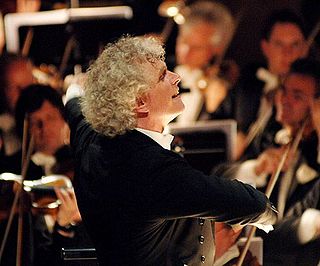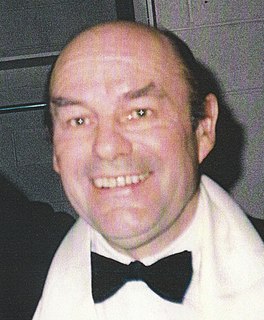A Quote by Paul McCartney
I have always adored Mahler, and Mahler was a major influence on the music of the Beatles. John and me used to sit and do the Kindertotenlieder and Wunderhorn for hours, we'd take turns singing and playing the piano. We thought Mahler was gear.
Related Quotes
I found a deep kinship between Mahler's recurrent attempts to confront all sides of life and to affirm himself in the face of his own finitude, and Aschenbach's dedication to persevere in the literary evocation of beauty. Exploring this kinship led me to reflect on many of Mahler's songs and symphonies - and particularly his great masterpiece, Das Lied von der Erde. The end result was a way of reading Mann that I hadn't originally anticipated at all.
Presenting Aschenbach as a composer - based on Mahler - leads to some dreadful scenes (especially those in which Aschenbach is berated by his student), and it surely distorts the character Mann created. Yet, we know that Mann's novella was based on a holiday in Venice he took with his wife and brother, and that while he was there he followed the reports in the German newspapers, describing the dying Mahler's progress as he returned from New York to Vienna.































